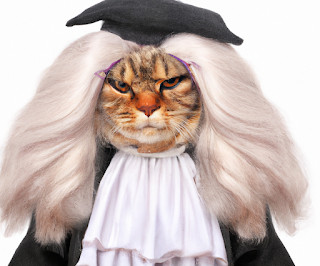[Guest post] Emergent works without foundations
The IPKat
OCTOBER 29, 2023
and EU Copyright Law’, recently published in the North Carolina Journal of Law & Technology (pre-print available here ). To protect AI creations just because they are costly is a new version of the labouristic fallacy, or of the “if value, then right approach;” to protect them merely because of aesthetic even is similarly misguided.













Let's personalize your content